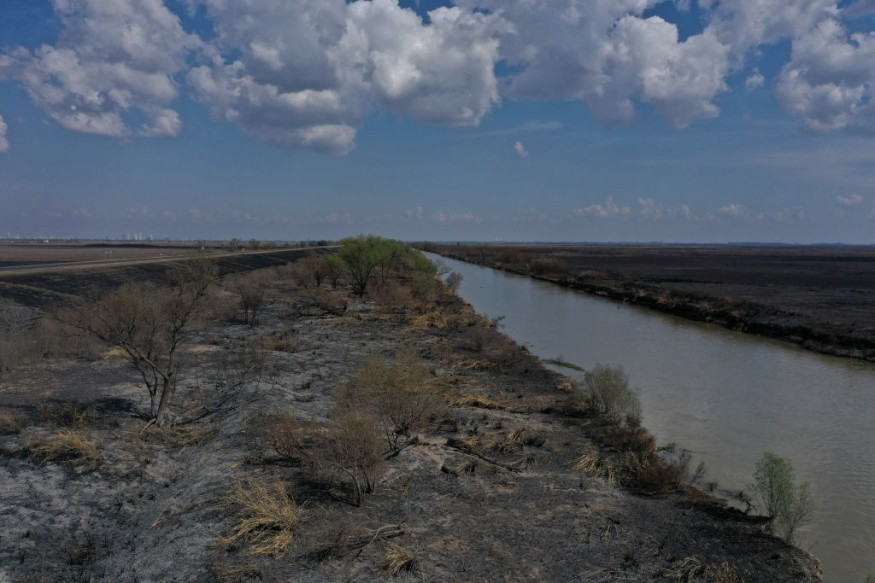A new plastics plant which will open soon near the city of Pittsburgh, Pennsylvania, posing a threat to the local environment and ecology.
The threat brings fear amongst environmental that it could worsen both air and water pollution, as well as stimulate fracking, a technique that involves fracturing bedrock formations through hydraulic fracturing.
The emerging facility is operated by an international oil giant.
The plant mainly poses a threat by disseminating unwanted plastic particles in the form of either solid plastics or microplastics into the environment.
Local authorities are reportedly aware of the industrial establishment, which was granted a permit to emit volatile organic compounds.
However, some authorities are also monitoring the plant's future activities and its impact in the local populace.
Based on recent studies, air pollution has been a growing environmental and public health issue worldwide.
This threat is based on evidence that small particles of plastics have been found not only in the air and bodies of water but also inside human bodies, including the blood stream.
The holistic environmental impact and health repercussion of microplastic pollution is still unclear at this time.
Environmentalists and critics of the petrochemical industry are concerned that the new plastics plant will be a new source of harmful emissions.
These activities continue due to Pennsylvania's reported abundance of gas reserves.
These comes 15 years after the state's natural gas industry started to significantly contribute on air and water pollution due to existing activities like burning fossil fuels.
Pittsburgh New Plastic Plant

The industrial facility opening soon near Pittsburgh is expected to be operational by the end of 2022.
It will convert the natural gas ethane into ethylene, a building block for plastics which can be used to produce various plastic material from bottles to car parts.
This process is estimated to produce millions of tons of microplastics called nurdles, where its critics predict will flow into the Ohio River and beyond the area during shipment, Inside Climate News reported.
In particular, the plastics plant in Monaca, Pennsylvania, has started its construction in recent years.
Global Microplastic Pollution
Researchers from Germany are warning that microplastics have long-term negative impacts soils, sediments, and freshwater, as well as to wider ecosystems.
The Germany team said terrestrial microplastic pollution or land microplastic pollution is much higher than marine microplastic pollution.
The former is estimated to be four to 23 higher depending on the environment, according to the United Nations Environment Programme (UNEP).
However, there are millions of tons of plastic floating across the world's oceans.
The pollution poses a threat not to plants and animals, including humans.
In its most fundamental basics, plastic particles never go away in spite of despite of being discarded and incinerated. This means that it could take up to 1,000 years for plastics to decompose after mostly ending up in landfills.
The global plastics crisis consist of 8.3 billion tons of plastics produced by plastic manufacturers and other industries since the 1950s.
Out of this figure, 79% of these plastics have ended in landfills or leaked into the environment, according to the Geneva Environment Network.
Related Article : EPA Ranks All 50 States: Which is the Most Polluted in US?
© 2025 NatureWorldNews.com All rights reserved. Do not reproduce without permission.





